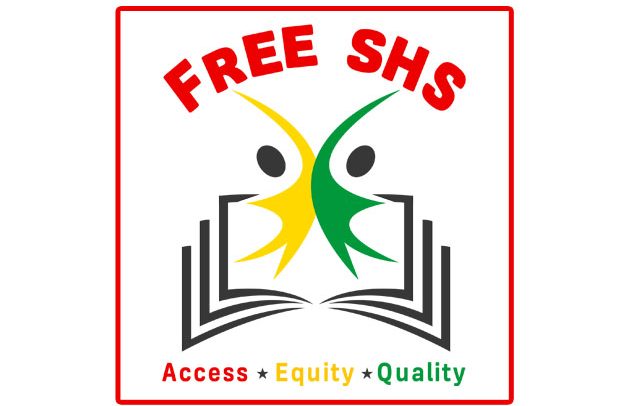The Free Senior High School (SHS) manifesto entry of the former New Patriotic Party (NPP) administration suffered multiple negative advertisements at the hands of the National Democratic Congress (NDC) propaganda managers when it made landfall.
The attacks spanned from its unfeasibility to the 419 label it earned at the hands of its adversaries.
Former President Nana Akufo-Addo expectedly did not spare a moment in implementing the policy upon assuming power. He had made good a promise which skeptics regarded as a campaign gimmick.
It was an Akufo-Addo’s version of the 24-hour economy promise of President John Mahama, except that the former did not spare a moment upon becoming President. It was like one of the Executive Instruments of President Donald Trump when he took over the White House.
When the Free SHS policy took off, the skeptics thought what for them was a pipedream was a nine-day wonder.
It persisted to their amazement and thousands of kids who, but for the Free SHS, would not have set foot in senior high schools, availed themselves of the political manna from ‘heaven’.
Today, as we witness a season of committees as one prolific writer describes the plethora of such ad hoc bodies being set up to, as it were, seek opinions of stakeholders, education and for that matter the Free SHS is a major term of reference.
Even before the country reached this bridge, the dream of aborting the Free SHS when the NDC assumes power was not lost to Ghanaians. Being a campaign season, the NDC did not lose a moment in deflecting the fear that it would freeze the policy when their opponents told Ghanaians they would. The party’s flagbearer assured Ghanaians that he would not abort the policy but rather enhance it.
The bottom-line of the task of the committee regardless of the thematic areas laid by the President is how not to continue with the Free SHS policy.
The committee is charged with inter alia finding out how children can access education regardless of their social circumstances. Of course the answer lies in the Free SHS policy, which is now on the verge of being altered. President Mahama once said he would not use the amount of money being expended on the policy if he had that much available to him.
A situation where schools would be categorised and children of the poor restricted as to where they can access education is not only discriminatory but callous, and should not be entertained under any circumstances.
The eradication of this restrictive mode of school access as it prevailed and still is, until the current government stops it, has blessed society with motley dividends whose value is beyond quantification.
We can state without any iota of skepticism that the days of children of rural parents gaining admission to top schools are coming to a close, and it hurts to be confronted with this reality.
We wonder how the determination of affordability of fees by parents is going to be undertaken as government eventually tags who should pay fees and vice versa.
We are waiting excitedly for how this segmentation of society is going to be done and successfully so.
One of the terms of reference of the committee is defining the role of the church in faith-owned schools.
Unfortunately, there was a delay in extending invitations to the Christian Council of Ghana, the Catholic Bishops Conference and the Ahmadiyya Muslim Mission to participate in the deliberations of the committee, with President Mahama acknowledging the oversight and reassuring them of his government’s commitment to inclusivity in national dialogues on education.
The achievements of the immediate past government are unparalleled in the country’s recent history. The Science, Technology, Engineering and Mathematics (STEM) phenomenon and the related infrastructural developments and the teacher motivation innovations inter alia stand the past government apart from its predecessors. Unfortunately, those in charge of the aforementioned feats were not invited to the committee sittings to listen to how they surmounted the challenges on the education journey.
Are we serious as a nation?
The swiftness of re-inventing the wheels when new governments are born is costing us not only resources but drawing us back.


